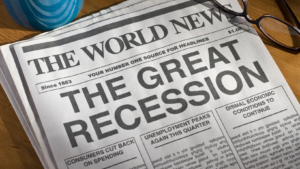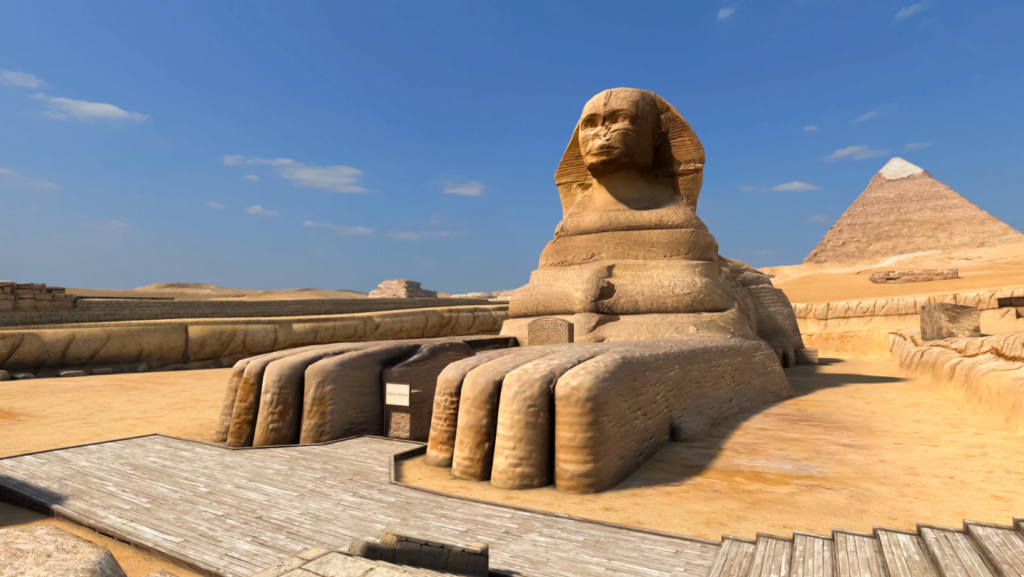History isn’t just a series of dates and obscure facts. It’s a fascinating tapestry of monumental moments that have shaped our world and continue to influence our future. From groundbreaking scientific discoveries to the rise and fall of empires, these moments have not only altered the course of history but have also defined humanity.
In this journey through time, we’ll explore some of these important moments in history. Moments that have sparked revolutions, ignited cultural shifts, and brought about significant societal changes. Each one has a compelling story to tell, a story that adds a rich layer to our collective past. So, strap in and prepare for an engaging trip back in time to the heart of these important moments in history.
Important Moments In History

Diving deeper into the important moments in history, it’s clear that this subject is not an assemblage of faded stories. It’s the backbone of modern society, casting light on our path, sculpting our present, and guiding our future.
Significant Events in Ancient History
Ancient history boasts a vast array of important moments in history that have provided the cornerstones for human civilization. Two key instances hold substantial importance – the invention of the wheel, and the fall of Rome.
The Invention of the Wheel
The invention of the wheel represents an epochal event in ancient history. Marking around the 4th millennium BC, it became a vital catalyst for progress, contributing to new means of transportation and changing the face of agriculture. Considered a brilliant innovation, the wheel didn’t just enhance mobility, it transformed it. Borne out of Mesopotamia, one notable application was its integration into the Mesopotamian chariot, impacting warfare strategies. In agriculture, the invention elevated efficiency with its use in ploughing, leading to better-structured farming practices.
The Fall of Rome
Transitioning into the 5th century AD, the fall of Rome stands as a profound historical moment. The collapse, gradual and complex, signaled the end of the western Roman Empire, providing a substantial contribution to the dawn of the Middle Ages. Alaric’s capture of Rome in 410 AD, and the subsequent sackings, indicate decisive blows to the empire’s stability. Crippling economic difficulties, weakened military, and erosion of political structures were pivotal factors resulting in the empire’s dissolution. This monumental event, shaping Europe’s geopolitical landscape, continues to resonate within contemporary studies of historical patterns and societal development.
Revolutionary Scientific and Technological Breakthroughs

Sweeping transformations have occurred throughout history due to monumental scientific and technological breakthroughs. The profound societal changes brought about by these advancements shuffle societal norms and reshape human civilization.
The Discovery of Electricity
At the core of most modern conveniences lies the wellspring of electricity, a discovery that has drastically transformed human living conditions and societal structures. Long before the tangible applications of electricity, it existed merely as an abstract concept. It wasn’t until the late 18th century when Benjamin Franklin made a connection between lightning and electricity that its potential was finally understood. A century later, Thomas Edison and Nikola Tesla optimized its utility, inventing devices that converted electrical energy into practical solutions, such as the light bulb, setting the stage for the current digitally-dominated era.
The Invention of the Internet

Born in the crucible of the Cold War, the inception of the internet marked a seismic shift in human communication paradigms. Initially conceptualized as a distributed network for military communications, its evolution into a global, interconnected network epitomizes technological progress. Pioneered by researchers like Vinton Cerf and Robert Kahn, the internet’s exponential growth transformed societies, influencing everything from commerce and education to politics and interpersonal communication. This invention shaped the Information Age, where knowledge, accessible through a few keystrokes, holds paramount power.

